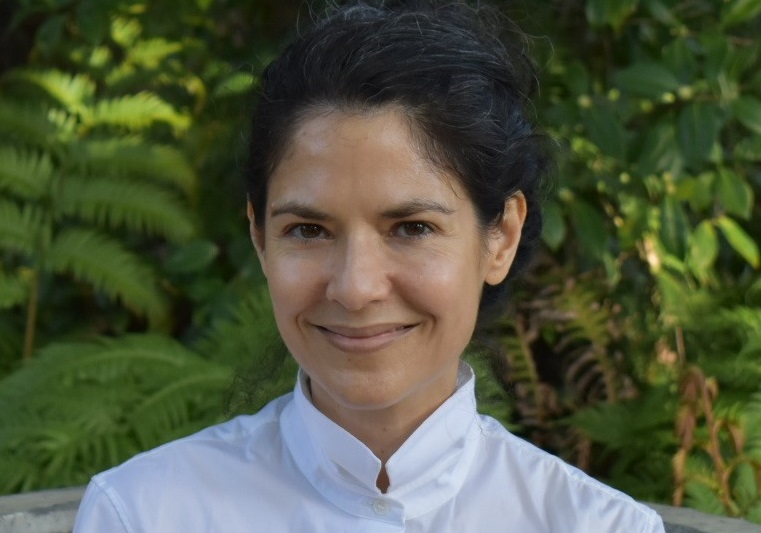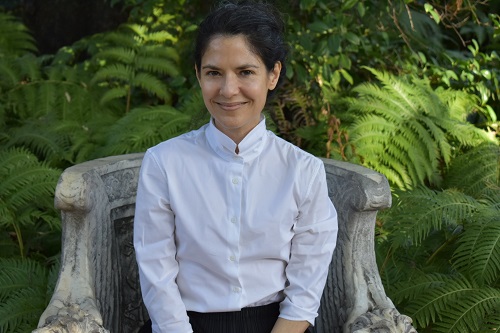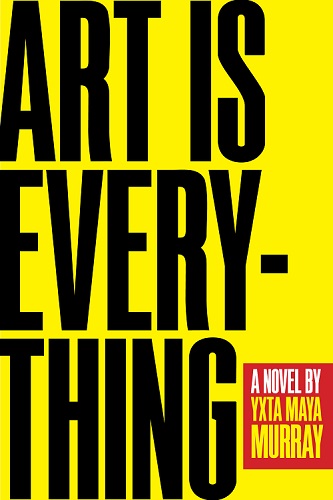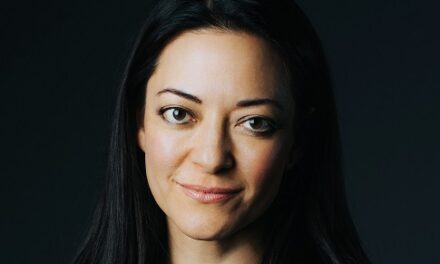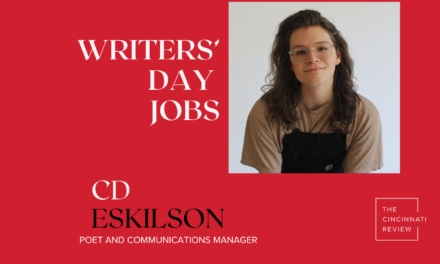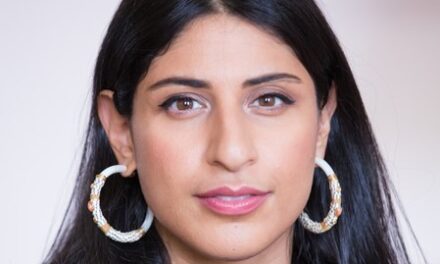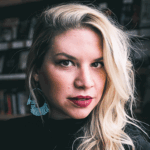Managing Editor Lisa Ampleman: Up next in our writers’ day jobs series is Yxta Maya Murray, whose story “YouTube Comment 2 to Video of I Like America and America Likes Me by Joseph Beuys” appeared in our Issue 14.2 (read an appreciation of the story here and a primer on performance art from Murray here). We were intrigued by how that story described the life of an artist with a job not directly connected to her art, and we’re glad to have Murray’s take about her occupation as well:
How would you describe what you do for your day job?
I am a law professor at Loyola Law School in Los Angeles. I began working there as an assistant professor in 1995 and am now its David P. Leonard Professor of Law. I teach Criminal Law, Property Law, Law and Literature, and Women and the Law.
What do you enjoy about that job, and what are some of its detractions?
I love teaching and learning. It’s important for me to understand what is going on in law and policy and also to be part of a community. The legal academy has taken a while to recognize the merits of my literary output, which often addresses law. It’s still a work in progress. And teaching and writing is great but creates a full schedule. Like anyone else I’m scrambling to get everything done.
How, if at all, does your day job inform—or relate to—your writing life?
For a long time, my literary output and my legal career traveled on separate paths, but starting with the Trump administration, I began writing plays, short stories, and novels about law. Thus, when I wrote Advice and Consent, a play about the Christine Blasey Ford hearings (and the elevation of now-Justice Brett Kavanaugh), I depended on my knowledge of the Senate’s advice and consent power. My 2020 book of short stories, The World Doesn’t Work That Way, but It Could, took as its subject the destruction of administrative legal protections and their impacts on the ground—Scott Pruitt’s rollbacks at the EPA; Betsy DeVos’s depredations at the Department of Education; “Option 3,” which allowed immigration agents to separate families at the border; the DHS’s mistakes in Puerto Rico after Hurricane Maria. I strove there to tell stories showing how people were suffering immediate and terrible consequences of this administrative law mayhem, a project that also drew strength from my legal scholarship, which concentrates on taking interviews of people who feel the full brunt of laws enacted and reformed by politicians and civil servants.
My 2021 novel Art Is Everything more concerns my side career as an art critic. I can’t think of my life as an art critic as a day job because it involves me sneaking off to galleries and writing in the spare hours of the week. I write for Artforum, The Brooklyn Rail, Artillery, Aperture, and other magazines. Art Is Everything grew out of that experience, as well as my difficulties with managing to maintain my life as an artist while also being a lawyer and the rest of it. The novel tells the story of a performance artist, Amanda Ruiz, who finds herself slipping on the big banana peel of life as she reaches middle age.
What creative projects are you working on right now?
I am working on God Went Like That, a novel-in-stories about the Santa Susana Field Laboratory in Simi Valley, California. In 1959, its Sodium Reactor Experiment (an experimental nuclear reactor) experienced a partial core meltdown. This led to the contamination of the surrounding area that the government kept secret for twenty years. It still has not been cleaned up to a safe level, and the fires and floods of 2018/2019 may have spread nuclear contamination further afield.
Yxta Maya Murray is a novelist, art critic, playwright, and law professor. The author of nine books, her most recent are the story collection, The World Doesn’t Work That Way, but It Could (University of Nevada Press, 2020), and the novel, Art Is Everything (TriQuarterly Press, 2021). She has won a Whiting Award and an Art Writer’s Grant. In 2022 she will be a fellow at the Huntington Library and a Walter E. Dakin fellow at the Sewanee Writers’ Conference.

